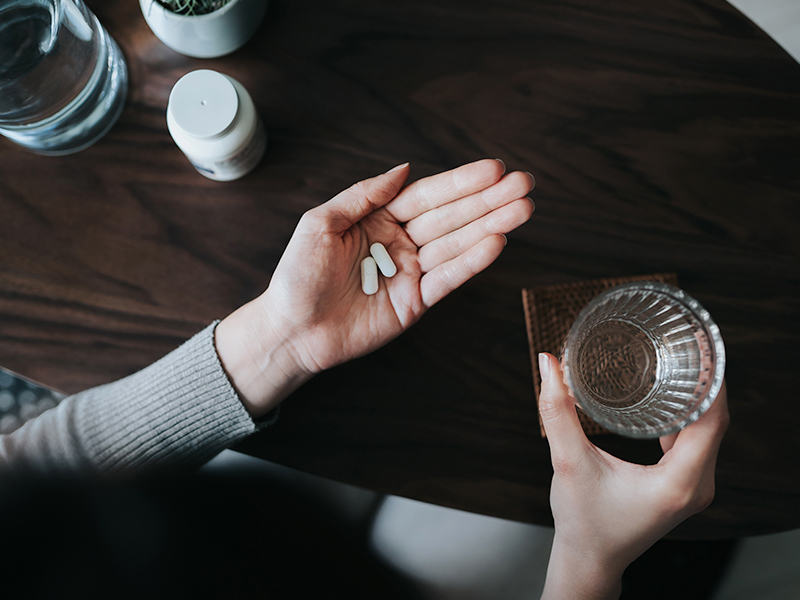Thinking of stopping antidepressants? Here’s how to do it safely
Think you might be ready to stop antidepressant medication? Here are some important tips to help you transition off your prescription safely.
With around 44 per cent of Australians experiencing a mental health disorder during their lifetime, antidepressants are one of the most commonly prescribed medications in the country.
Antidepressants account for 73.1 per cent of prescribed mental health related medications in Australia and are an important component in the treatment of moderate to severe depression and some anxiety conditions.
Why might you stop antidepressant medication?
Not everyone who takes antidepressant medication needs to continue them long term.
Bond University and University of Queensland Associate Professor in pharmacology Treasure McGuire says there are a variety of reasons people may stop antidepressant medication.
“It may be they’re no longer experiencing their symptoms of depression and anxiety, or they’ve learned other ways to cope,” Assoc Prof McGuire says.
“For some the medicine may have never seemed effective, and for those who’ve been on them long term, they may just be wanting a break.
“A life event for some patients can be very traumatic – something like a divorce, a job change or even a physiological change, like pregnancy or breastfeeding – this can all lead to a re-think.
“Or maybe you’re being pressured because of stigma from family and friends – these can all be reasons for wanting to think about discontinuing antidepressants.”
How to safely stop antidepressants
If you are considering stopping antidepressant medication, Assoc Prof McGuire says it’s important to do it safely.
She says the first step should be a conversation with your medication prescriber, whether that’s your GP or psychiatrist.
“This gives the patient the opportunity to discuss the risks versus benefits for remaining on the medicine.
“If collectively a decision is made that it’s worth a trial of discontinuation (the prescriber can) give you a shared strategy to do so.”
Assoc Prof McGuire says it’s important antidepressant medication is stopped gradually.
“Just like we build up the dose slowly, we go slow to discontinue.”
This helps prevent discontinuation effects and allows adaptation at the receptor level.
What can happen when going off antidepressant medication?
“If you have been on the medication for a long while, about 20 per cent of patients will go into what we call antidepressant discontinuation syndrome – more commonly withdrawal,” Assoc Prof McGuire says.
Symptoms of antidepressant discontinuation syndrome include:
- Flu-like symptoms
- Insomnia
- Nausea
- Dizziness
- Hyperarousal (anxiety, irritability, jerkiness)
- Sensory disturbances
Assoc Prof McGuire says these symptoms typically arise within 10 days of stopping the drug, and should subside within a few weeks.
However, there is a subset of patients who may experience protracted withdrawal, which can persist for months.
“There are more vulnerable patients – people who have had irregular doses, have switched antidepressants several times – they’re more likely to experience those symptoms and take longer to recover,” she says.
Community pharmacist and accredited herbalist, Gerald Quigley says keeping in touch with your healthcare provider throughout each stage of antidepressant discontinuation is particularly important in preventing and managing any adverse reactions.
How to safely stop other medication
Gerald says discontinuing all medication has the potential for adverse effects and should be managed in consultation with your prescriber.
“All medication might have ‘rebound’ adverse effects.
“Each individual is different, so common expectations are hard to forecast.
“Basically, withdrawal under supervision is the safest and most effective way.”
Medications that commonly lead to problems if stopped abruptly include:
- Opioids
- Muscle relaxants
- Blood pressure medications
- Some steroids eg. corticosteroids
- Proton pump inhibitors
Written by: Paris Mahar.






